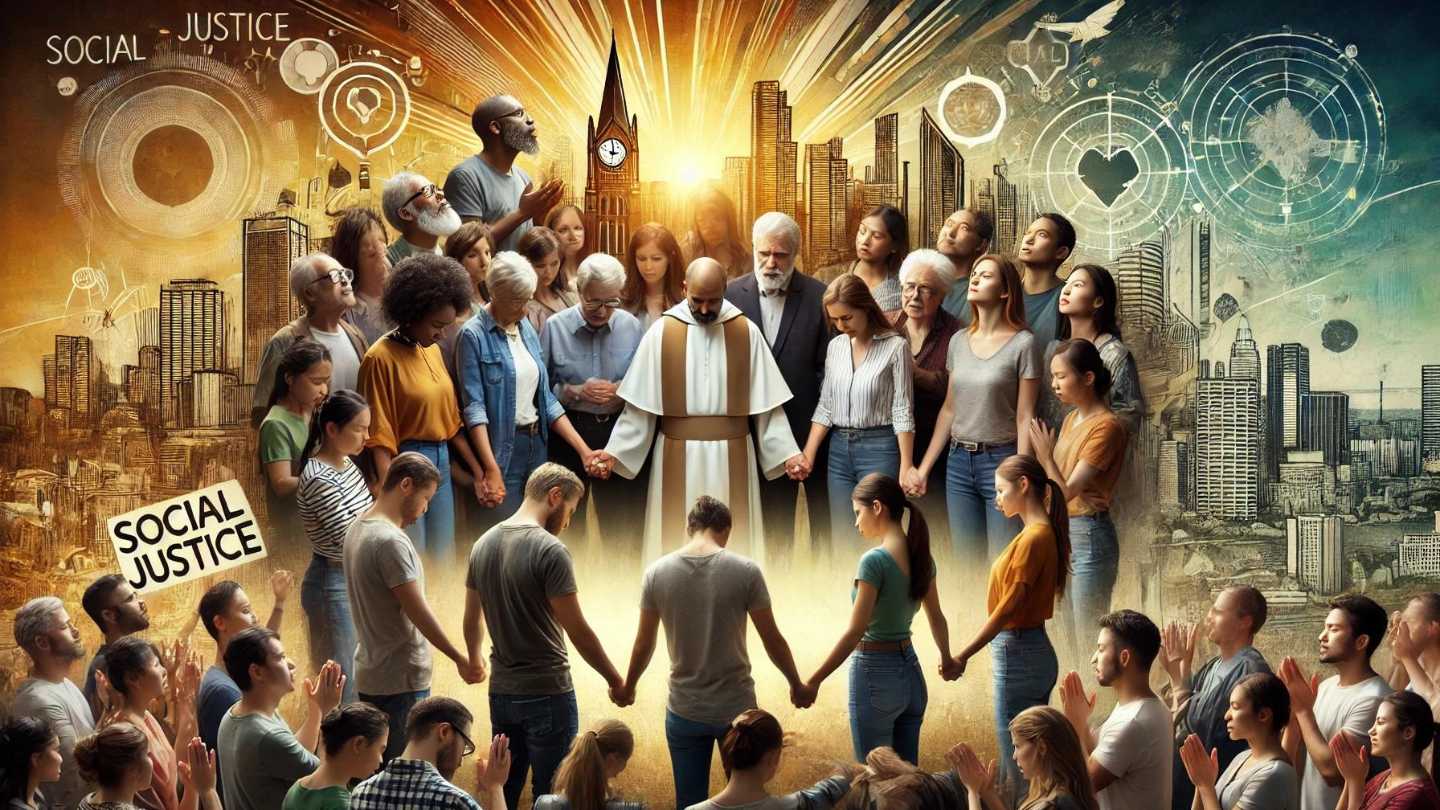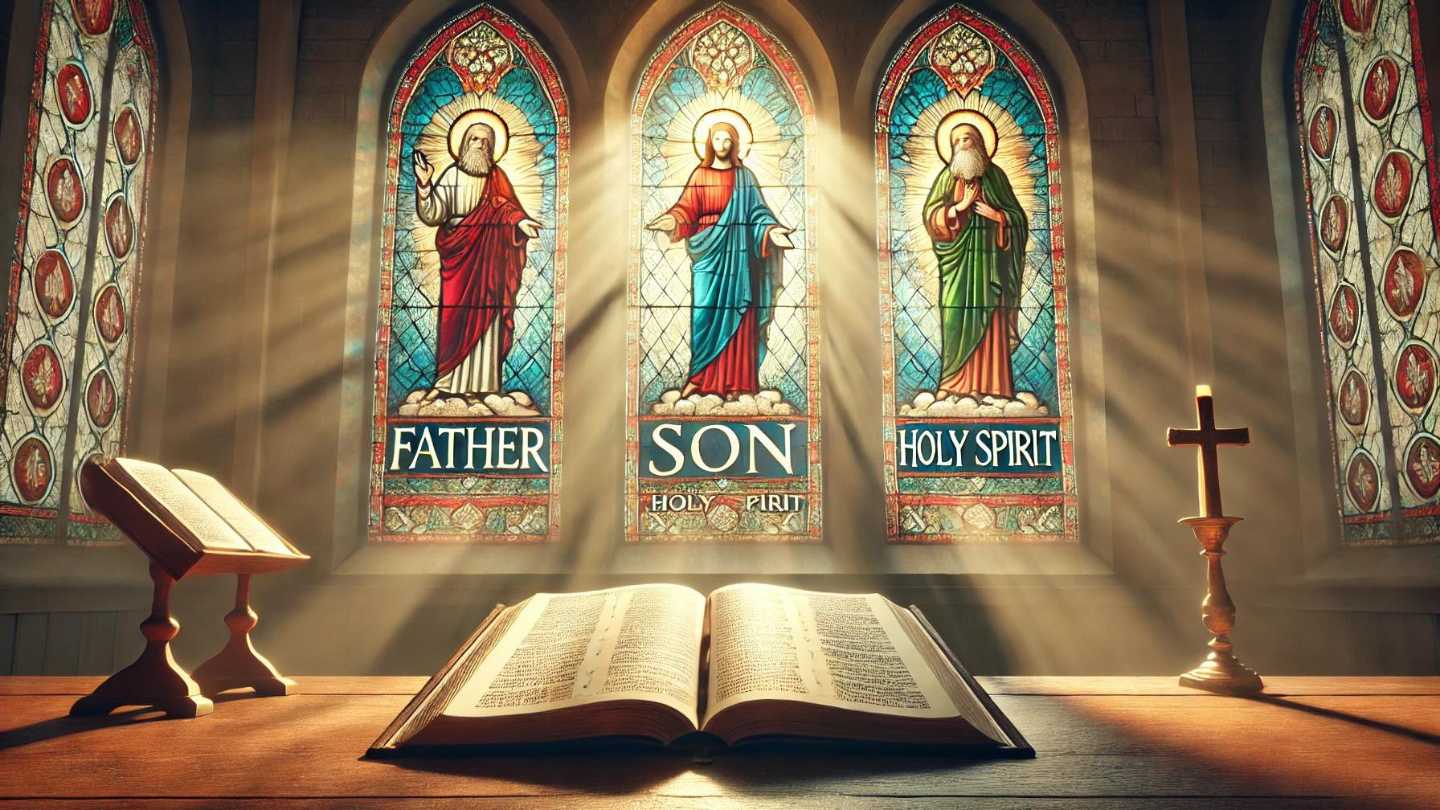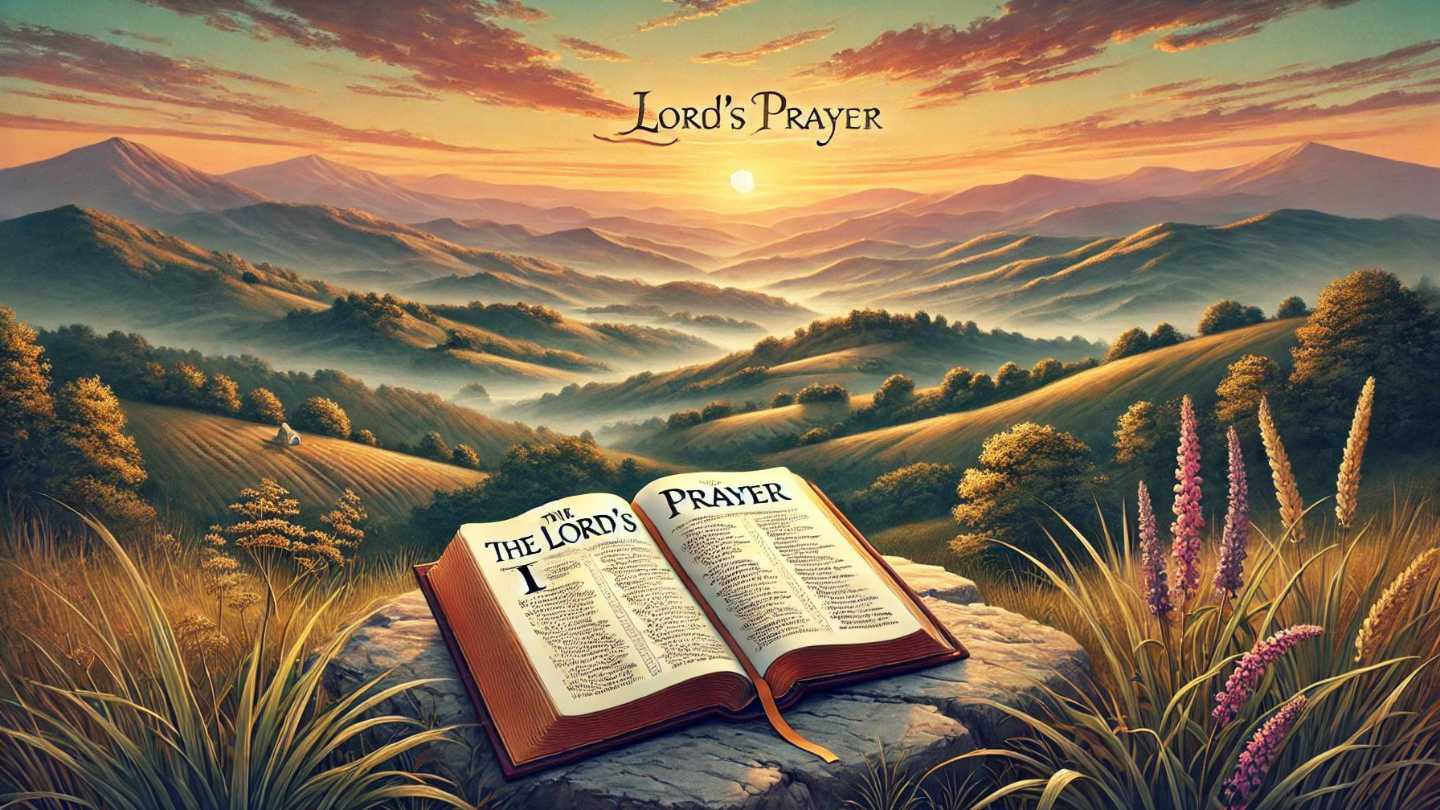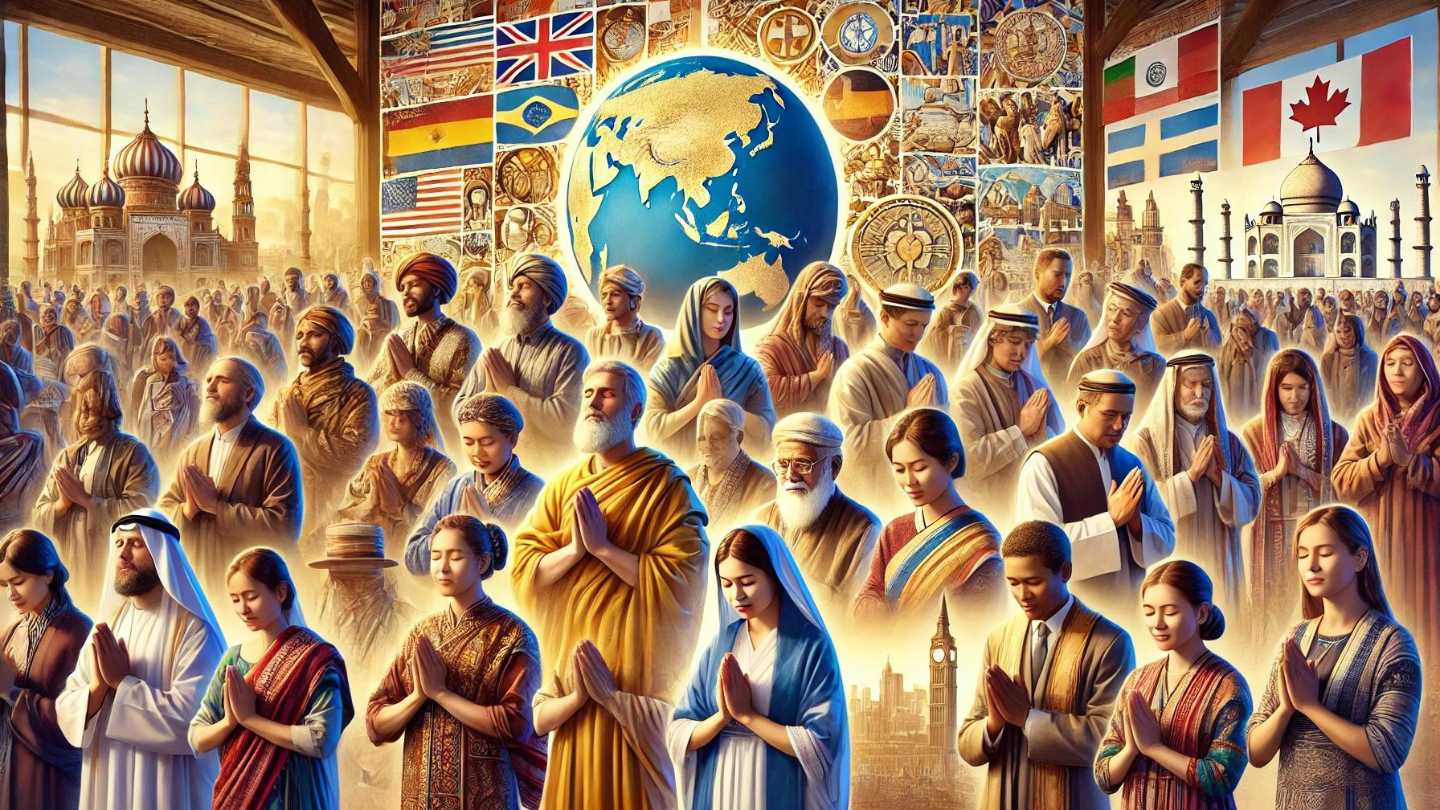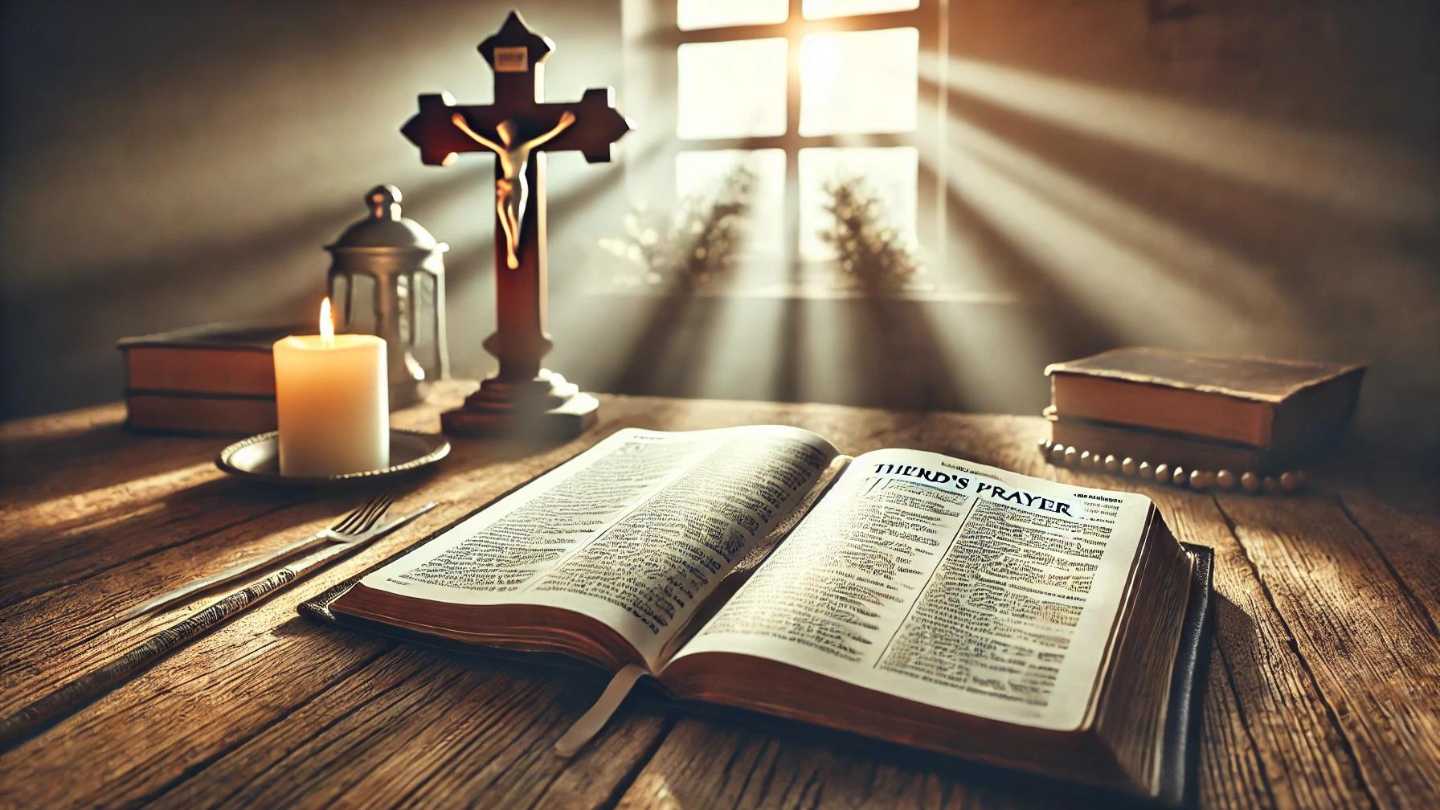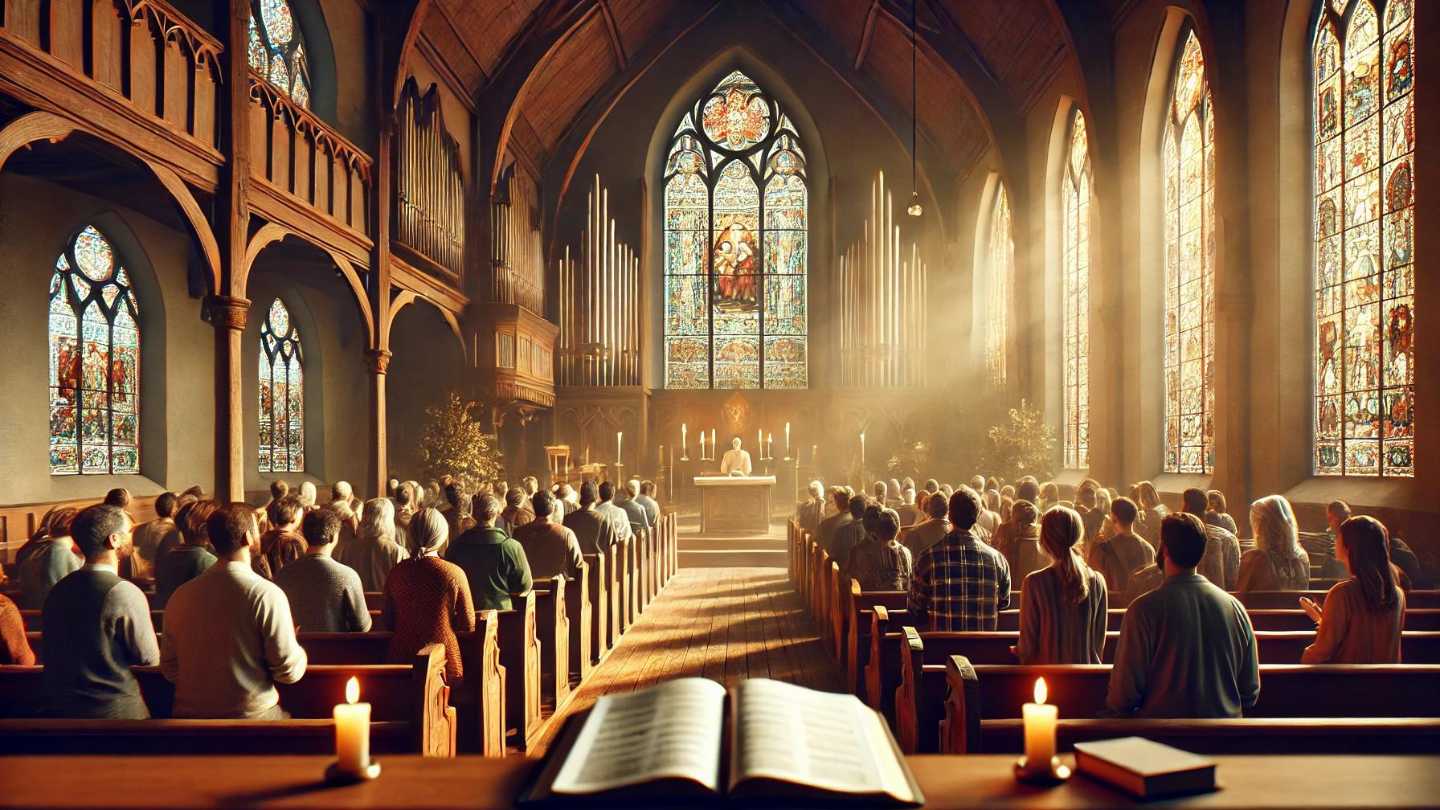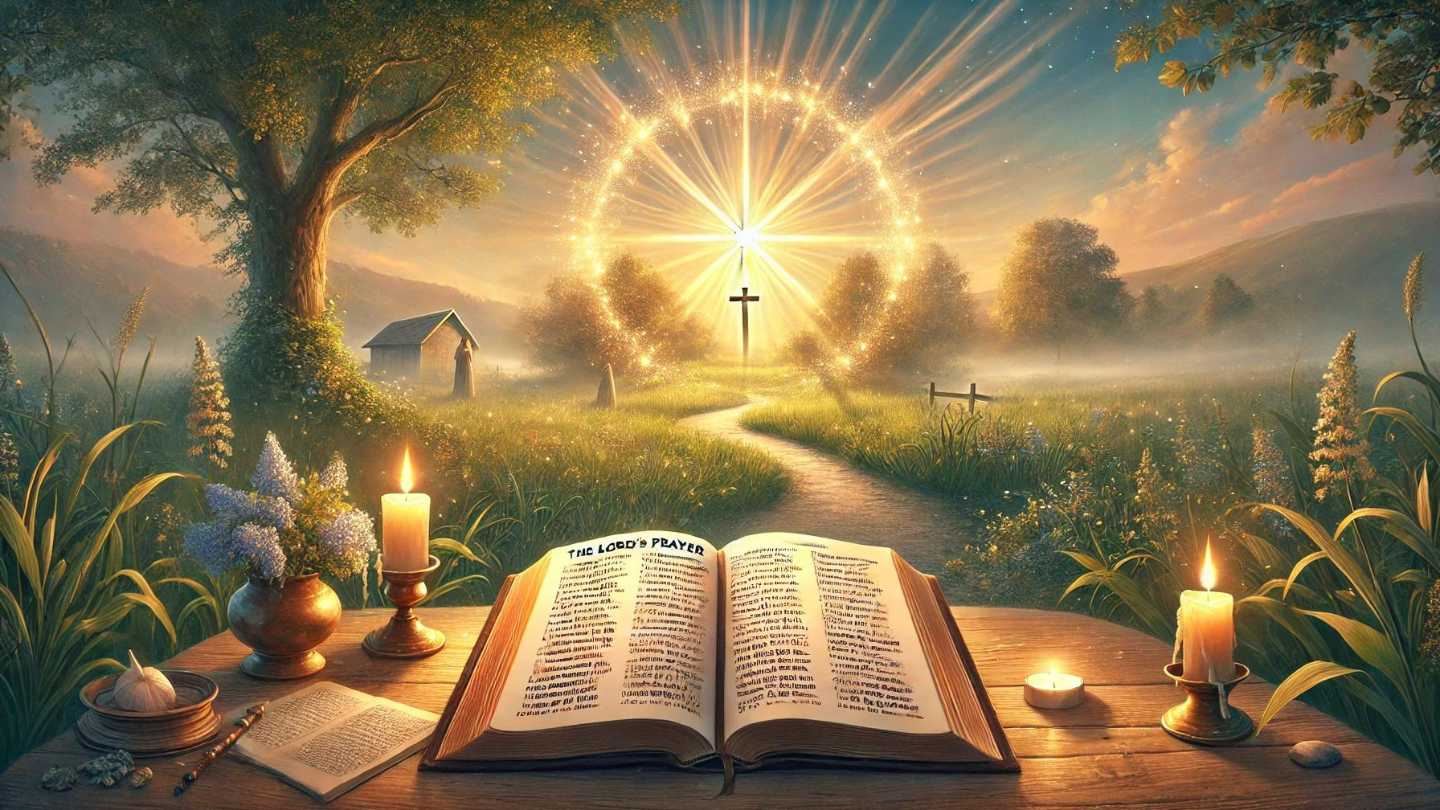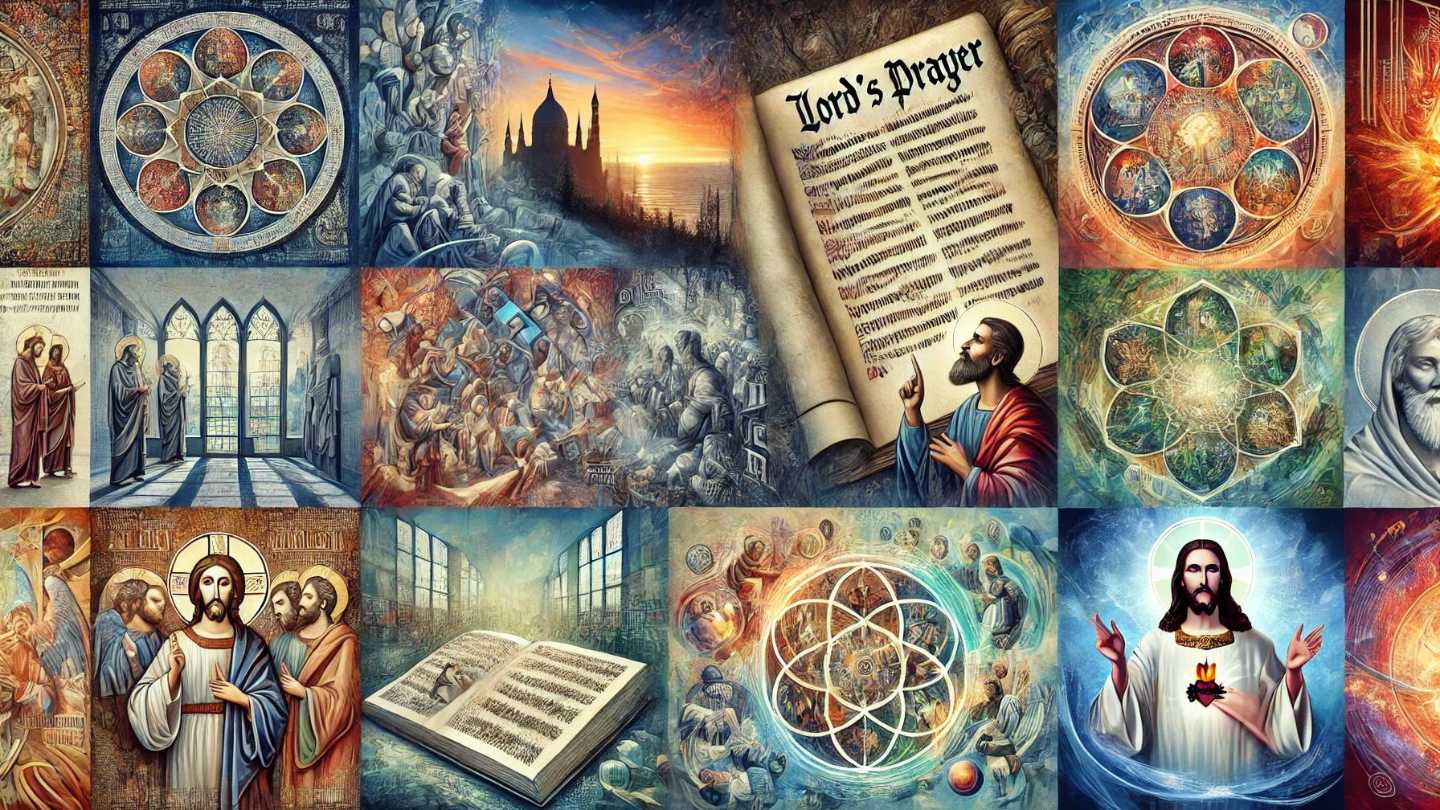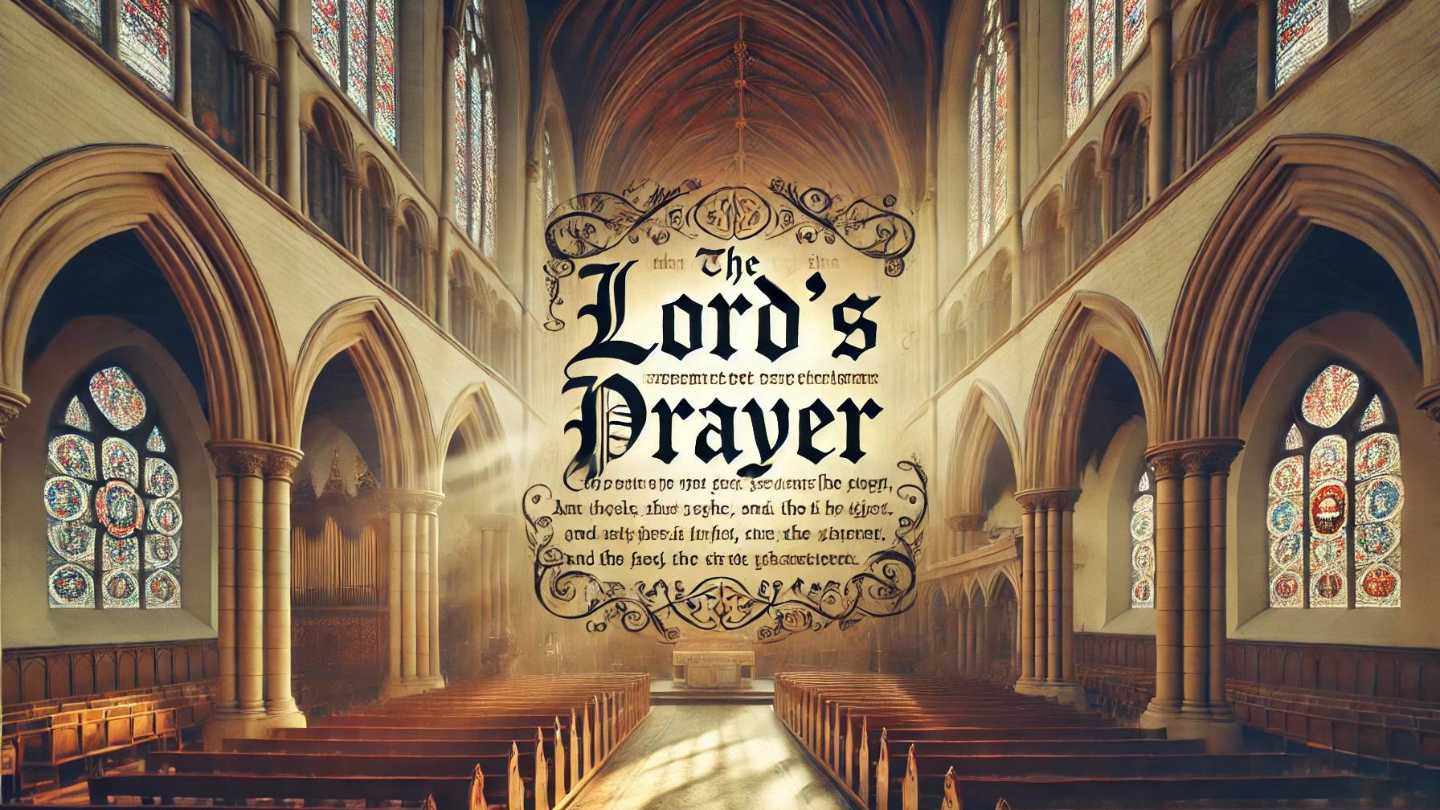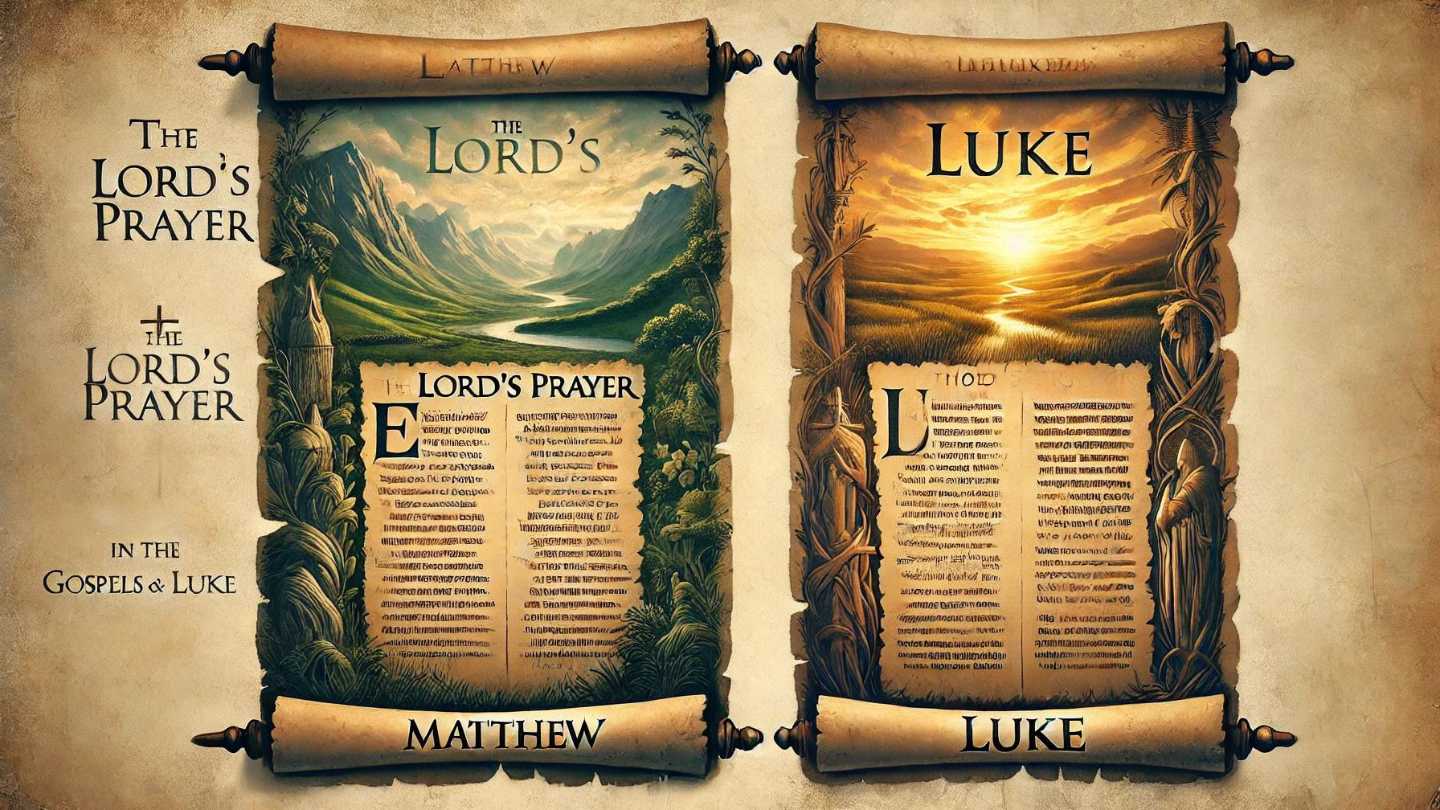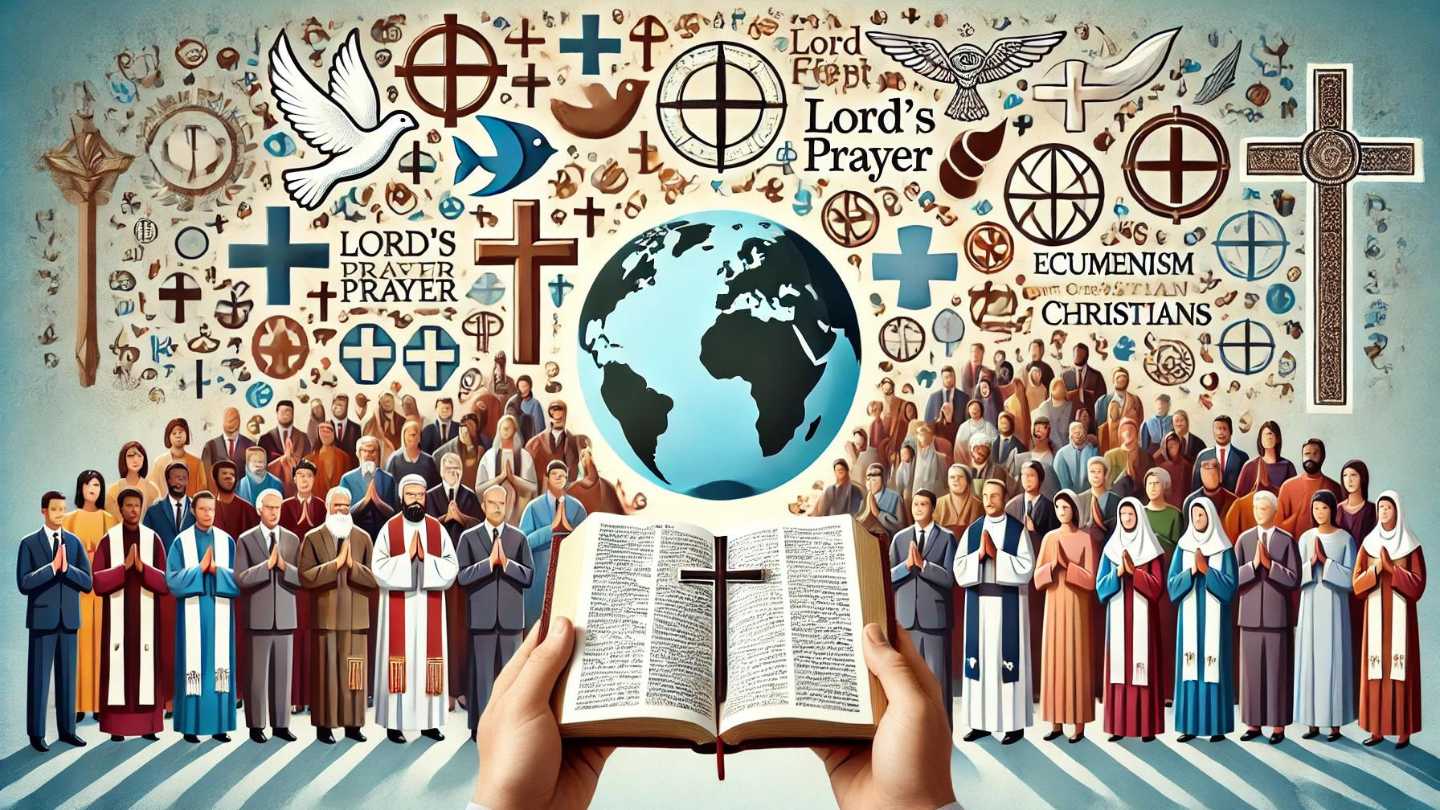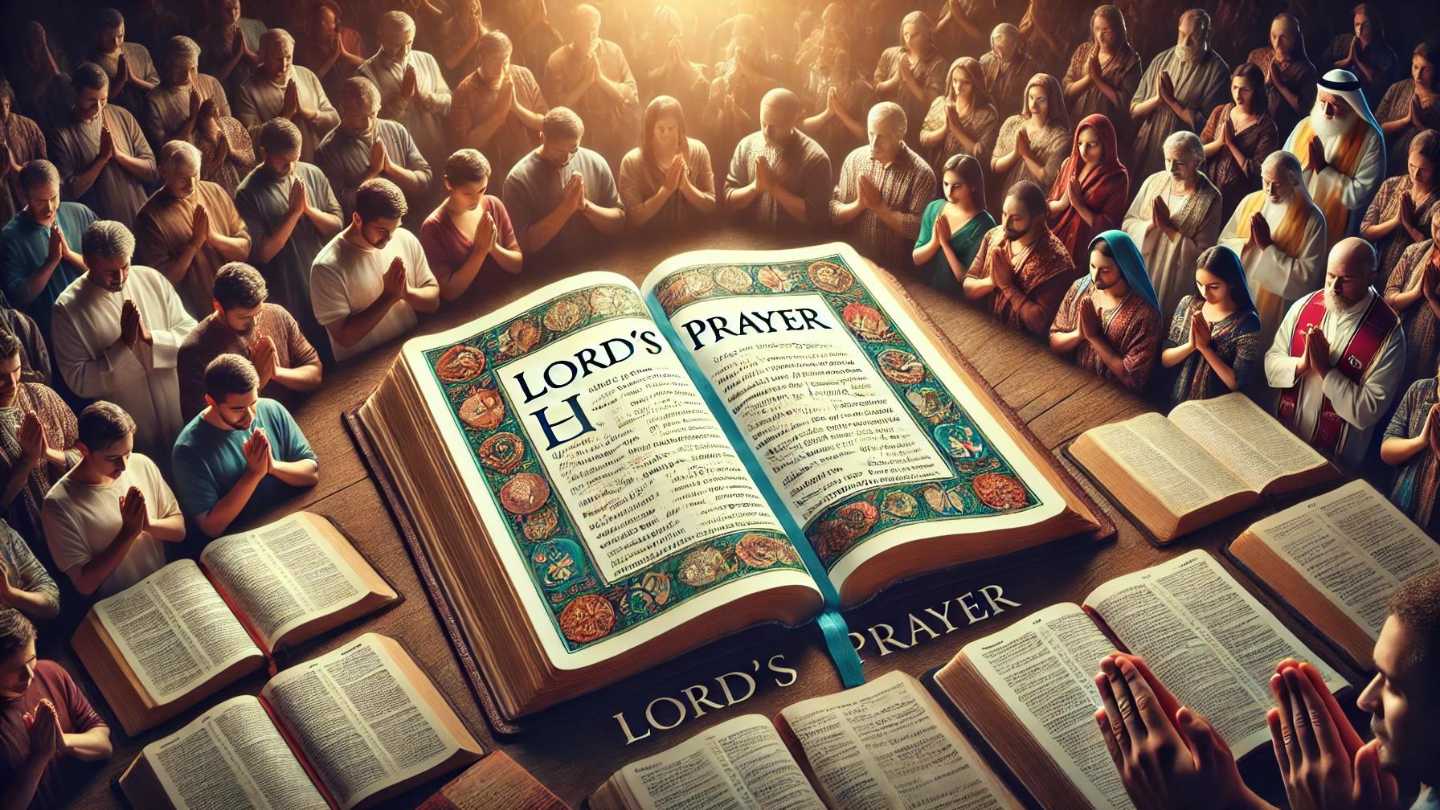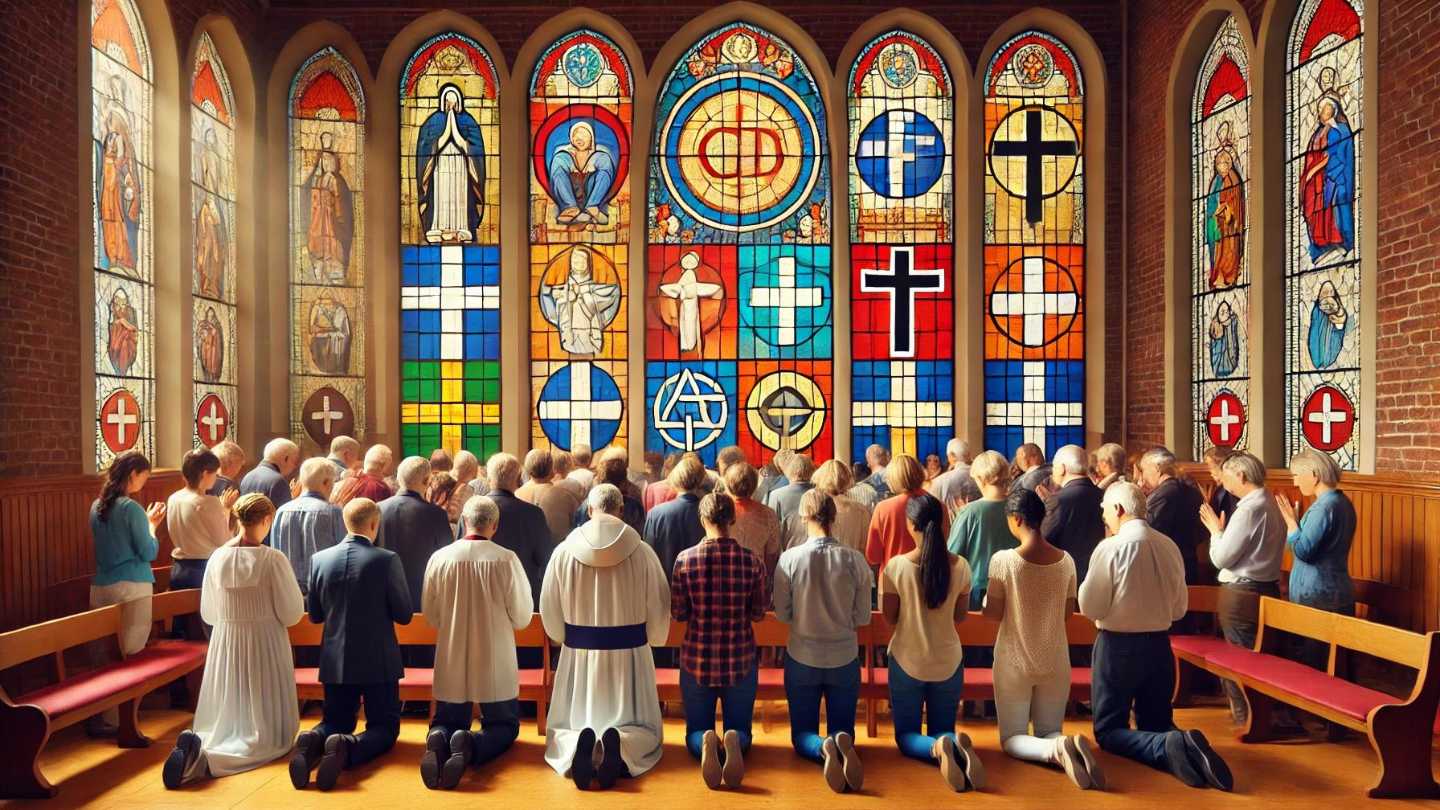The Lord’s Prayer, a cornerstone of Christian worship, holds profound theological significance. Among its many layers of meaning, the eschatological hope—the anticipation of the end times and the ultimate fulfillment of God’s kingdom—stands out as a central theme. This hope shapes the prayer’s petitions and reflects a vision of a future where God’s will is fully realized on earth as it is in heaven.
Thy Kingdom Come
The phrase “Thy kingdom come” is a direct invocation of eschatological hope. This petition is a call for the realization of God’s reign, a reign characterized by justice, peace, and righteousness. It expresses the believer’s longing for the completion of God’s plan, where the brokenness of the world is healed, and divine order is restored. This hope is not merely a distant dream but an active and present reality, urging believers to work towards manifesting God’s kingdom in their daily lives.
Thy Will Be Done on Earth as It Is in Heaven
Closely linked to the plea for God’s kingdom is the desire for His will to be done on earth as it is in heaven. This request highlights the eschatological vision of a world fully aligned with divine intentions. In the present, this petition challenges believers to embody the values of the kingdom—love, mercy, and justice—anticipating the future fulfillment of these ideals in the new creation. It underscores a dual hope: a transformative impact on the present world and the ultimate realization of God’s will in the eschaton.
Give Us This Day Our Daily Bread
While this request appears focused on present needs, it also carries eschatological overtones. The daily bread symbolizes more than physical sustenance; it points to the spiritual nourishment provided by God. In the eschatological context, this petition anticipates the heavenly banquet, the ultimate provision where every need is met, and God’s abundance is fully experienced. It serves as a reminder of God’s continual provision and the promise of future fulfillment in His kingdom.
And Forgive Us Our Trespasses
Forgiveness is a cornerstone of eschatological hope. The prayer for forgiveness acknowledges human fallibility and the need for divine grace. It reflects the hope for ultimate reconciliation with God and with one another, envisioning a future where sins are forgiven, and relationships are restored. This aspect of the prayer reinforces the eschatological vision of a redeemed and reconciled community, living in harmony with God’s will.
And Lead Us Not into Temptation, but Deliver Us from Evil
This final petition addresses the eschatological battle between good and evil. It acknowledges the present reality of temptation and evil while expressing hope for ultimate deliverance. This request is a plea for God’s protection and guidance, anticipating the day when evil is vanquished, and God’s reign is unchallenged. It embodies the eschatological promise of victory over sin and evil, culminating in the new creation where God’s justice prevails.
Lastly
The Lord’s Prayer summarizes the essence of eschatological hope, weaving together present petitions with future expectations. It challenges believers to live in the light of God’s promised future, actively participating in the unfolding of His kingdom. This hope is not passive but calls for a good way of life, aligning believers with God’s will and anticipating the ultimate fulfillment of God’s redemptive plan.
As we pray these words, we are reminded of the profound hope they carry, a hope rooted in the assurance of God’s final victory and the promise of eternal life in His glorious presence.
Related Articles
Author

Alona Smith is a devoted follower of Jesus Christ who believes that life’s true purpose is found in knowing Him and making Him known. She is passionate about sharing God’s Word with clarity and compassion, helping others see the beauty of the gospel of grace revealed through the Apostle Paul.
Grounded in Scripture and led by the Spirit, Alona seeks to live out her faith in practical ways—showing kindness, extending forgiveness, and walking in love. Whether serving in her local church, encouraging a friend in need, or simply living as a light in her community, she strives to reflect Christ in both word and deed.



